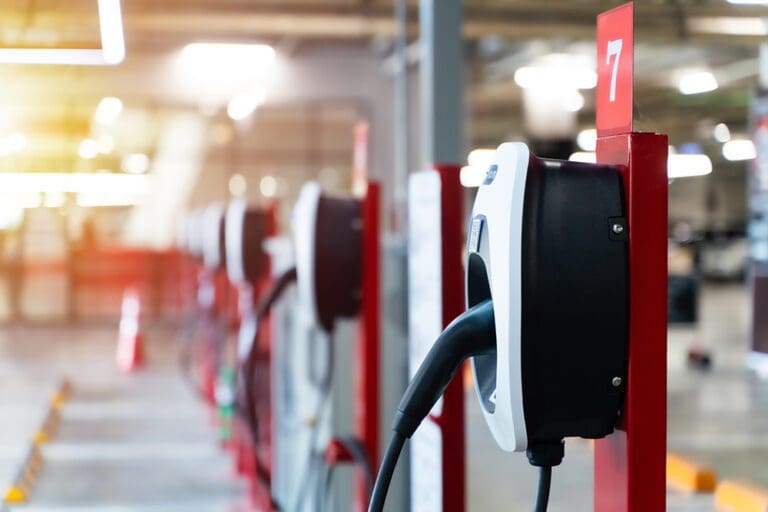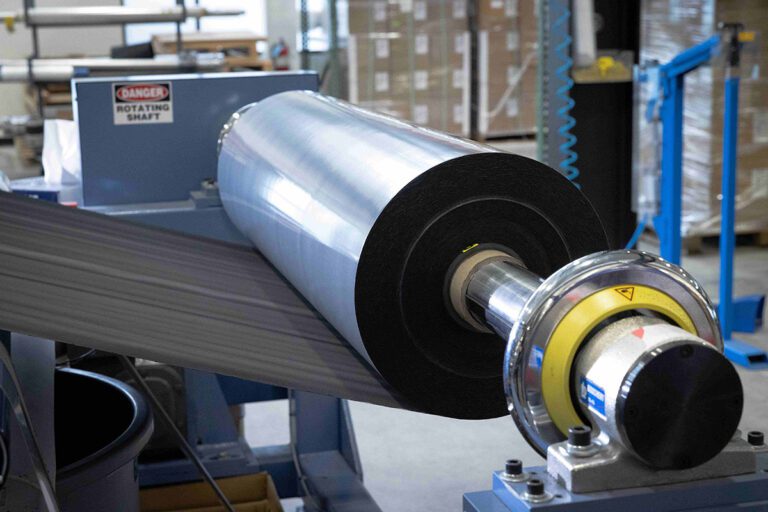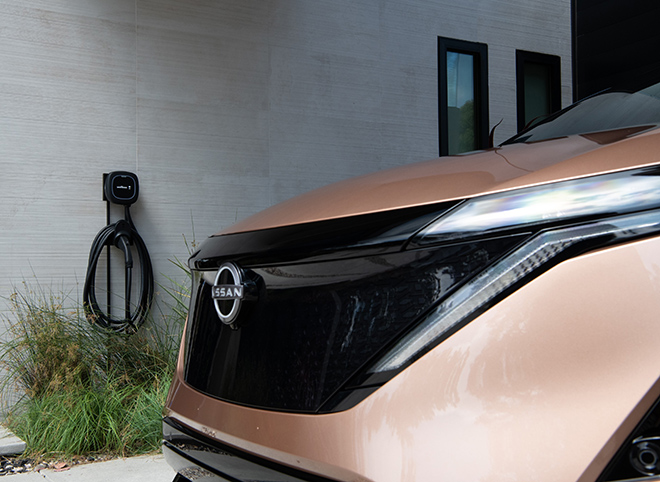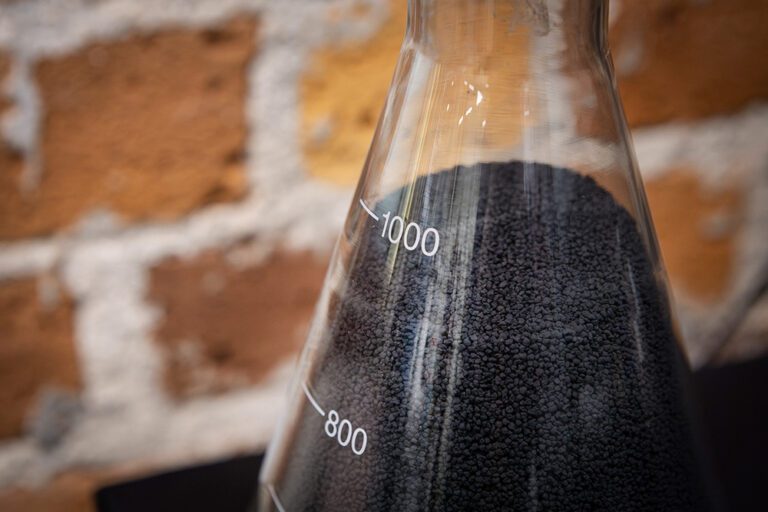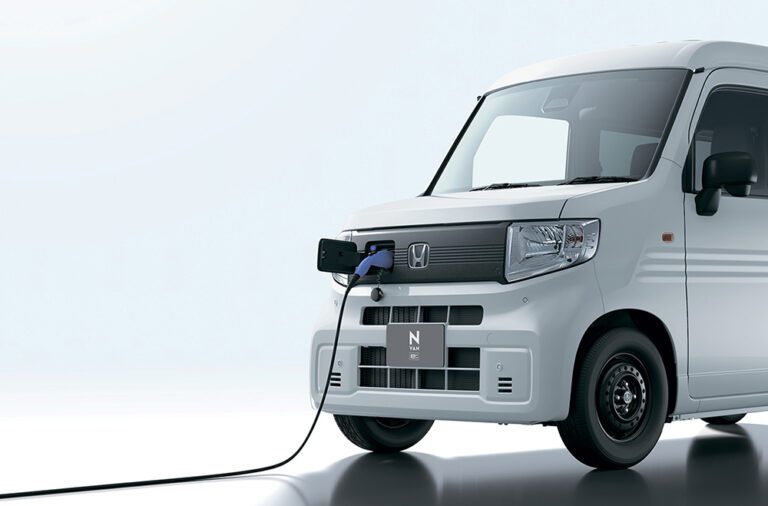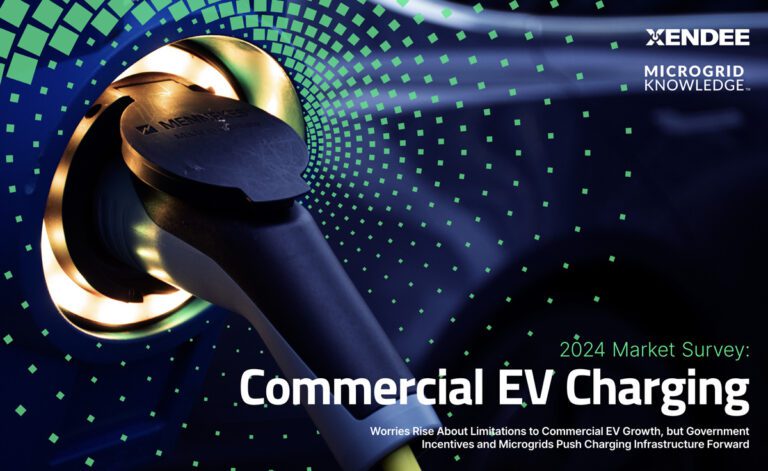Installing one or more electric vehicle charging stations is not only a good way to encourage EV adoption, but also, as new research shows, a smart business move. A new study from the Massachusetts Institute of Technology (MIT) has found that EV charging stations can act as drivers of local economic growth, and not only… Read more »
Search Results Found For: "MIT "
Ioneer receives federal permit for its Rhyolite Ridge lithium-boron project in Nevada
Emerging lithium-boron producer Ioneer has received the final permit approval for its Rhyolite Ridge project from the US Bureau of Land Management. Having received the formal approval, Ioneer expects to issue updated reserve figures and estimated project costs by December 2024 and advance toward a final investment decision with its financing partners in the first… Read more »
Mitsubishi Chemical invests in Boston Materials’ Z-axis carbon fiber technology
Diamond Edge Ventures (DEV), the US-based investing arm of Japan’s Mitsubishi Chemical, has invested in Boston Materials, a US startup manufacturing critical materials for semiconductors, aerospace parts and automotive components. Boston Materials has developed a manufacturing process that produces a new class of materials that are conductive and durable like metal yet light like plastic…. Read more »
Smiths Interconnect’s Hypertac Green Connect socket boasts more efficient energy transfer, uses no lead or beryllium
Most EV drivers probably don’t think much about the connectors in their charging stations, but a higher-quality connector can deliver faster, more reliable charging and a longer service life. Smiths Interconnect touts several advantages of its Hypertac Green Connect socket for CCS chargers. Designed to IEC 62196 and SAE J1772 standards, Hypertac Green Connect offers… Read more »
Mullen Automotive dealer Eco Auto expands reach, commits to 180-truck deal
Mullen Automotive, a manufacturer of commercial electric vehicles, has announced that Eco Auto, its Boston-based franchised dealer, will expand its reach to include six additional states—namely Connecticut, Maine, New Hampshire, Pennsylvania, Rhode Island and Vermont. The move will enable Eco Auto to access the many national fleet sales opportunities that exist in these states and… Read more »
Nissan, Honda and Mitsubishi to partner on electrification
Japanese automakers Nissan Motor, Honda Motor and Mitsubishi Motors have signed a memorandum of understanding to jointly discuss a framework to develop vehicle electrification. Nissan and Honda are in discussions to develop environmental and electrification technologies as well as software to accelerate autonomous driving and EV adoption. Mitsubishi’s participation aims to provide further synergies. “Nissan… Read more »
Hydrogen producer Hycamite introduces low-carbon footprint graphite for EV batteries
Finland-based Hycamite has launched graphite production using its emissions-free methane-splitting technology. Hycamite says its technology provides low-carbon hydrogen and sustainable carbon products for industrial applications by decomposing large volumes of methane into hydrogen and carbon while avoiding the release of greenhouse gases (GHGs) into the atmosphere. The company’s catalysts are recyclable and can be produced… Read more »
Honda and Mitsubishi form EV joint venture
Japanese automotive manufacturers Honda Motor and Mitsubishi have announced plans to establish a new 50/50 joint venture (JV) company called ALTNA in July 2024. The new JV is based on an agreement the two companies signed in October 2023 to collaborate on new EV businesses. ALTNA will combine Honda’s control and connected technologies for EVs… Read more »
Xendee 2024 Commercial EV Charging Survey: utility grid limitations are a major roadblock, microgrids can help
Xendee, provider of a design and operation platform for distributed energy systems and EV fast charging infrastructure, has released the findings of its 2024 Commercial EV Charging Market Survey, the second in a series of annual research studies. Xendee asked leaders in the EV charging industry about challenges and potential solutions related to commercial EV… Read more »
GMC Sierra EV to launch in a premium limited Denali Edition
“The market needs electric pickup trucks!” That was the EVangelist’s refrain a couple of years ago. Now the mantra of the day is, “The market needs low-priced EVs!” In fact, the market needs both, and another electric pickup (but by no means a low-priced one) is on the way. The GMC Sierra EV will make… Read more »







